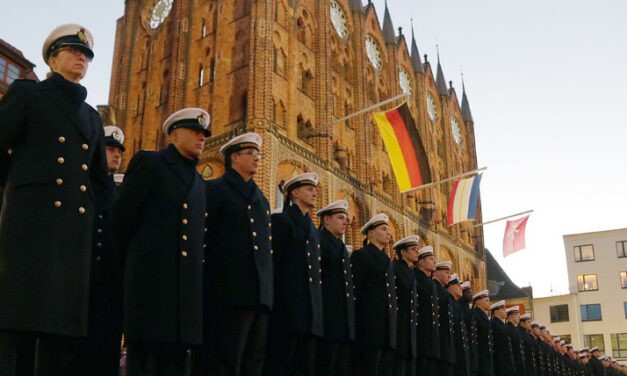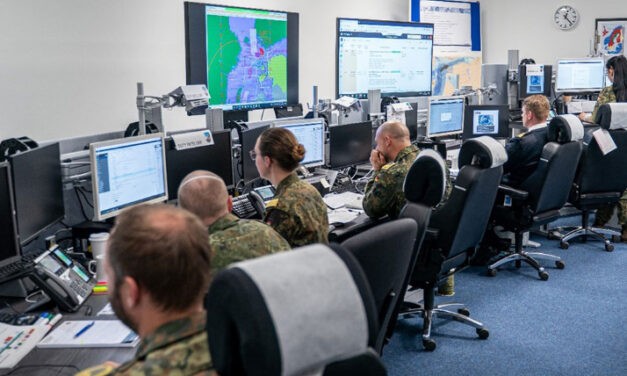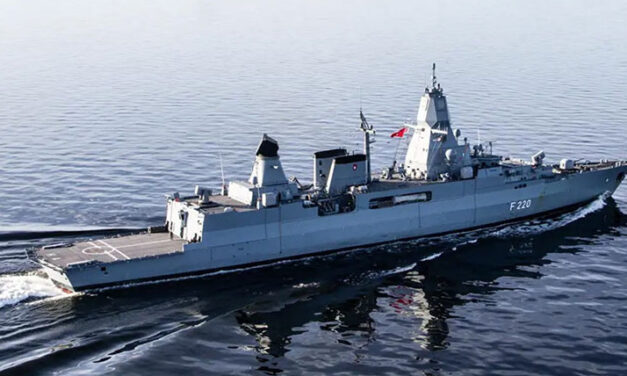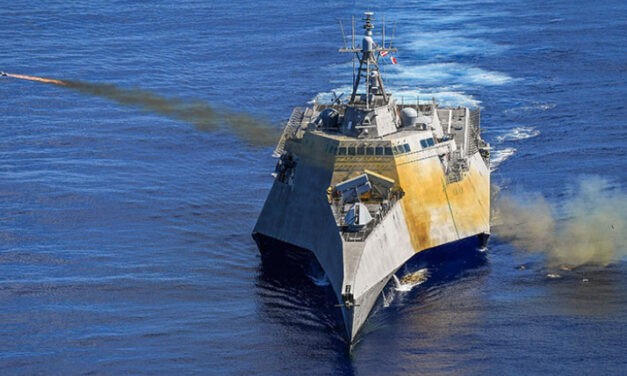The renaissance of compulsory military service?
After the end of the Cold War, compulsory military service was seen as an obsolete model. But the new era requires new solutions. Since 24 February 2022, conscription, which was suspended in 2011, has suddenly been on everyone's lips again. At the time, German politicians were unanimous in their view that a defence war in Europe was not to be expected in the foreseeable future. Rather, the main task of the armed forces was to secure peace around the world. Furthermore, with a shrinking armed forces, military justice could only be guaranteed if service was shortened to such an extent that it hardly allowed for any meaningful training. Conscripts no longer appeared to be deployable in modern wars. As a result, it was not only opponents of conscription who...
Weiterlesen






Recent Comments